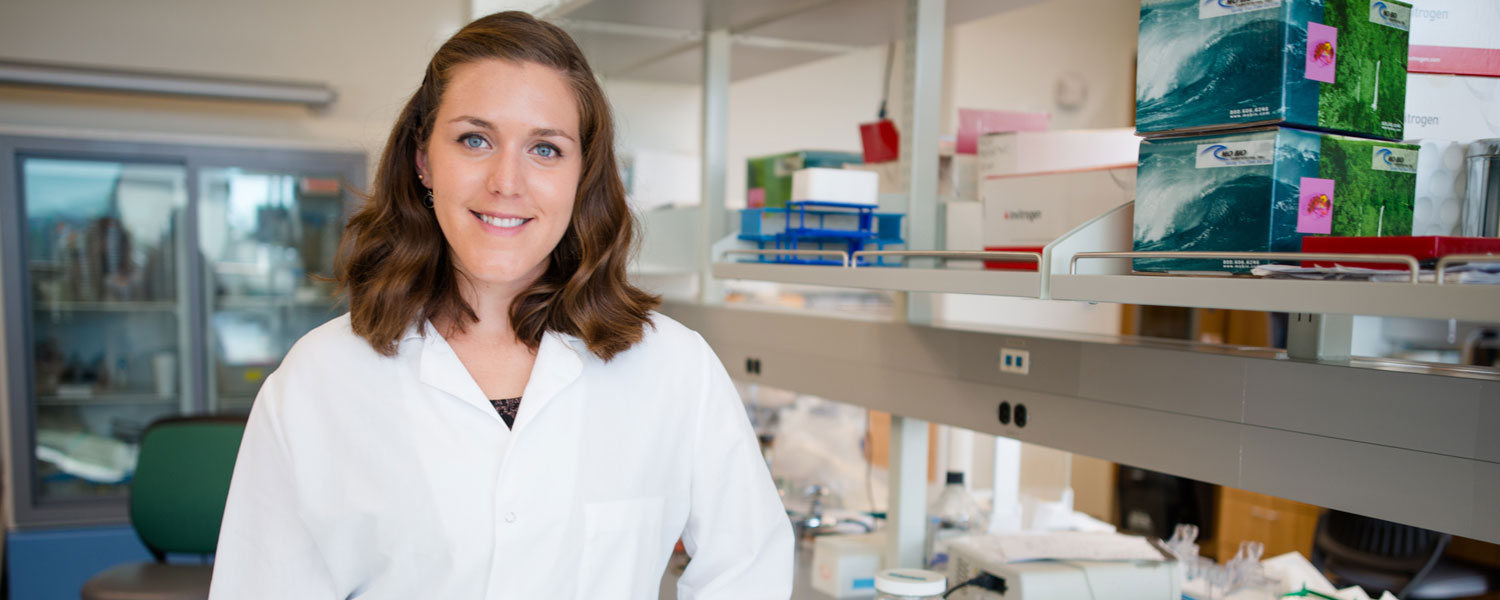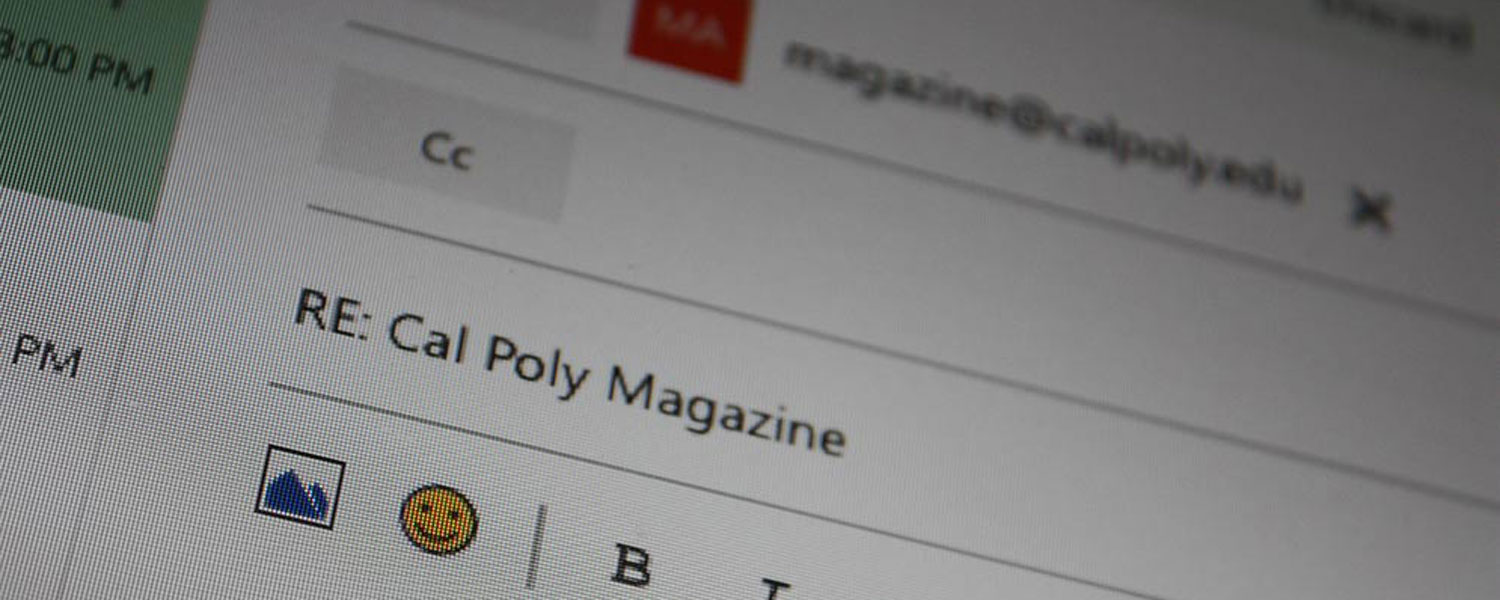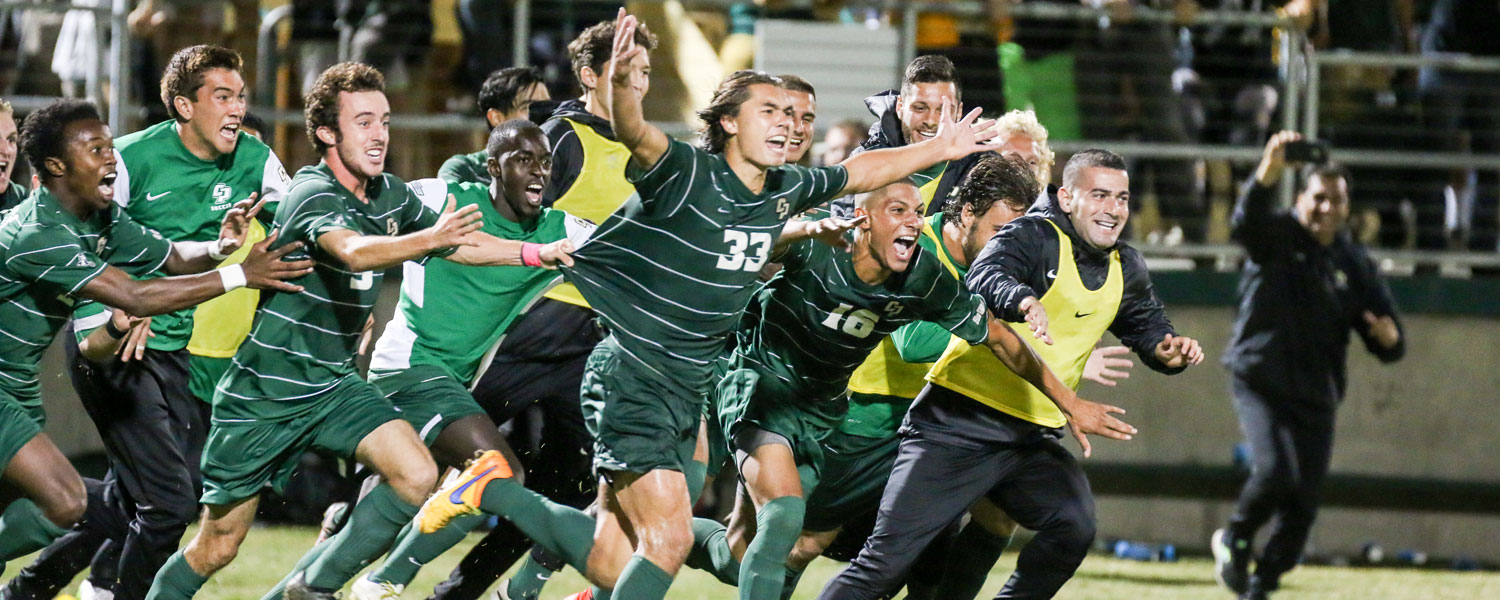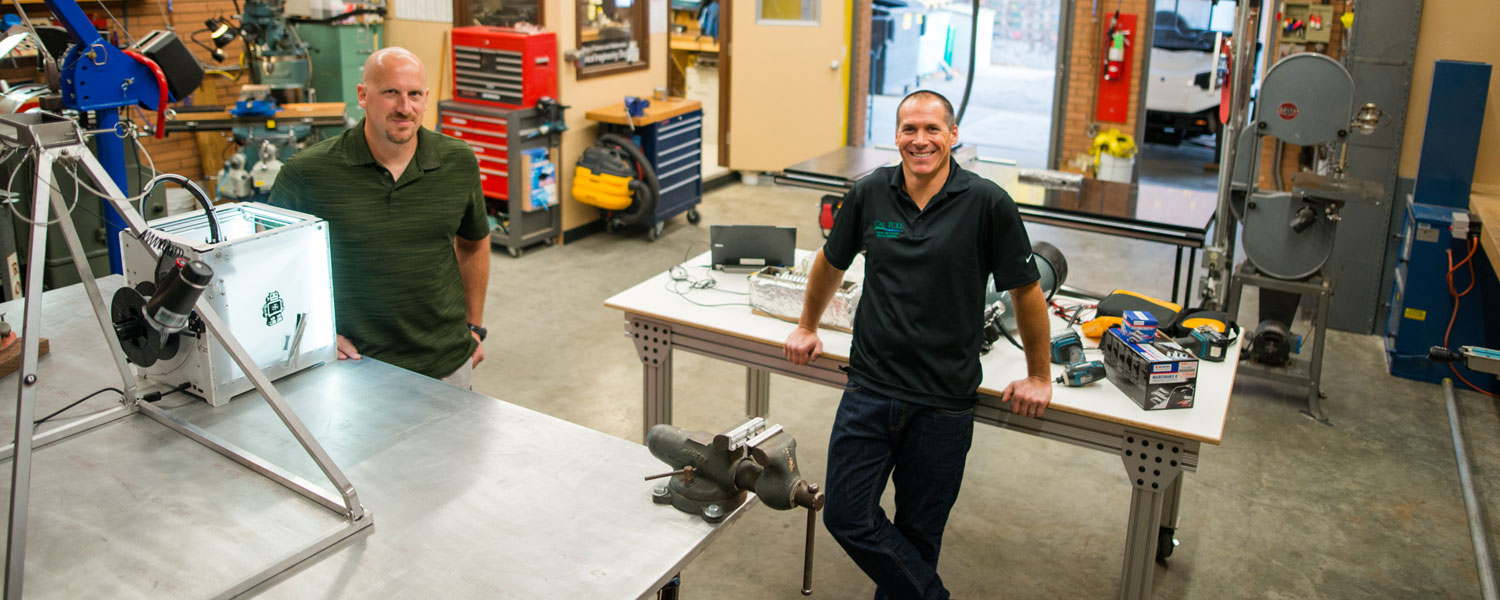How I Learn by Doing
Experience What You Teach
By Katelynn Lee

Katelynn Lee is a fourth-year biology major who recently took advantage of a special internship designed to give future teachers hands-on experience in scientific research. She plans to begin a career as a high school biology teacher after graduation.
For as long as I can remember, I have wanted to encourage wonder and amazement about the world: asking questions, inspiring curiosity, and learning as much about what is around us as possible. STEM (science, technology, engineering and math) disciplines are necessary tools for sparking that intellectual flame. STEM teachers are not only responsible for challenging their students academically, but also for inspiring enthusiasm for learning and a spirit of exploration. My STAR (STEM Teacher and Researcher Program) internship granted me the real-world experience to make my future lessons exciting and relevant.
STAR placed me in the Biology and Biotechnology Department at Lawrence Livermore National Laboratory, one of the nation’s most important research and development institutions. For nine weeks, I worked full time with a research team learning lab techniques I had hardly any experience doing, analyzing data with computer programs I had never before used, and studying concepts of genetics I had only recently learned about.
My goal for the project was to study the effects of certain genetic elements on a pathway critical in promoting skeletal health. This pathway is emerging as a target for the therapeutic intervention of bone-thinning disorders such as osteoporosis. So my research may one day be part of real-life medical treatments.
Ironically, the quarter before the internship, I had struggled with my genetics class. So every day, I searched my memory banks for information on this complex subject. But the beauty of the STAR program is the training that inexperienced interns receive on the job. I learned from lab staff, postdocs and revered mentors who helped strengthen my knowledge when I did not feel competent. I spent nine weeks delving into a field I never thought I would experience. We interns worked hard that summer, but the payoff was incredible.
I made wonderful friendships with colleagues and fellow interns, connected with top researchers and mentors, and dove into the culture of science. I participated in cutting-edge laboratory research and shared the knowledge I gained at two scientific conferences. Most importantly, though, I completed workshops that taught me how to translate my lab experience to the classroom.
The professional background that I will be able to share with my future students is priceless. When they ask me how biology is used in the real world, I will be able to share personal experiences and even show them the professional research poster I made while at a national lab. This experience transformed my summer. It has made me a better student, and I know it will help me become a better teacher.





